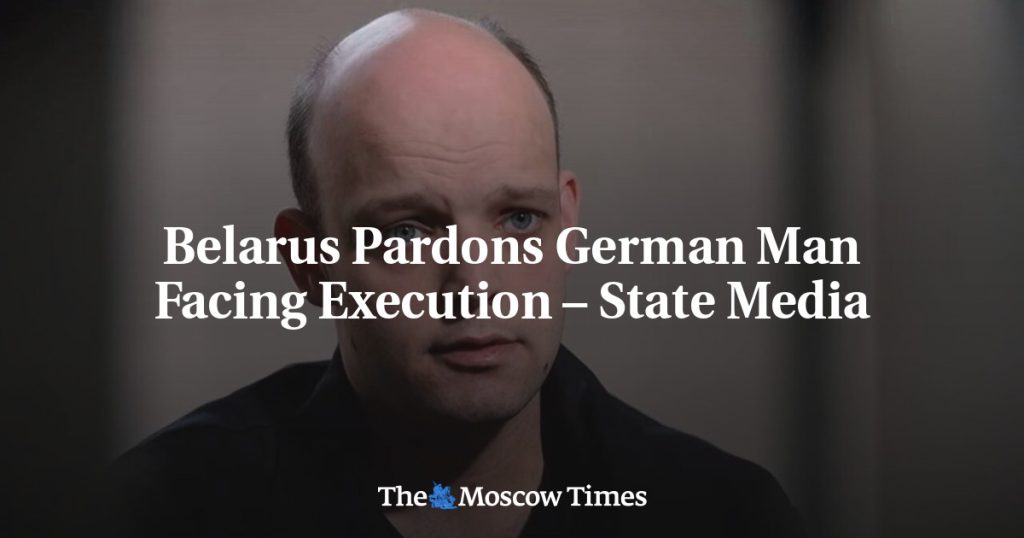Belarusian President Alexander Lukashenko has decided to pardon a German man, Rico Krieger, who was facing the death penalty in Belarus. Krieger had been convicted of six criminal counts, including terrorism, in a secret trial held in late June. Despite appearing on Belarusian state television expressing remorse for his actions and appealing for a pardon from President Lukashenko, it was not clear if Krieger was speaking under duress. The German government strongly condemned Belarus for parading Krieger in public and urged for the death penalty to be rejected under all circumstances.
Lukashenko met with the head of Belarus’ KGB security service, Krieger’s lawyer, and the investigator overseeing his case to consider whether to grant a pardon to the German national. Krieger had reportedly filed a petition for a pardon, and his lawyer hoped for an act of humanism from the president following their meeting. Belarus has a history of close ties with Russia, which is currently negotiating a potential prisoner exchange involving American citizens jailed in Russia. President Putin has expressed interest in returning a Russian national serving a life sentence for murder in Germany, indicating the complex nature of international diplomacy in such cases.
In a televised interview, Krieger admitted to carrying out actions at the request of Ukraine, including photographing military sites in Belarus and placing an explosive device on a railroad near the capital, Minsk. He expressed regret for his actions and accused the German government of abandoning him. Krieger had previously worked as a medic for the German Red Cross and as an armed security officer for the U.S. Embassy in Berlin, according to his LinkedIn profile. Belarus is known to have executed hundreds of people since gaining independence from the Soviet Union, but executions of foreign citizens are rare.
The case of Rico Krieger highlights the complex issues surrounding international diplomacy, human rights, and the death penalty. Lukashenko’s decision to pardon him reflects a possible shift in Belarus’ approach to such cases and may signify a move towards more humane treatment of prisoners. The involvement of multiple countries, including Russia and Germany, in negotiations over potential prisoner exchanges adds to the intricacy of the situation. Krieger’s confession on national television, the condemnation from the German government, and the calls for humanism from his lawyer all contribute to a multifaceted and ongoing story that raises questions about justice, forgiveness, and international relations.
The involvement of the Belarusian KGB security service in the case, as well as the close ties between Belarus and Russia, underscore the challenges faced by individuals caught up in political tensions between nations. The potential prisoner exchange negotiations involving American and Russian citizens further complicate the situation and illustrate the interconnectedness of international diplomacy, justice systems, and human rights issues. The fact that Krieger’s fate was ultimately decided by the Belarusian president highlights the power dynamics at play in cases involving individuals from different countries and the implications for those involved.
Overall, the case of Rico Krieger in Belarus sheds light on the complexities of international relations, human rights, and the death penalty. Lukashenko’s decision to pardon Krieger, following pressure from the German government, demonstrates the impact of diplomatic efforts and public outcry on individual cases. The broader context of potential prisoner exchanges between countries adds a layer of complexity to the situation, highlighting the interconnectedness of global politics and justice systems. Krieger’s confession, regret, and appeal for forgiveness raise important ethical questions about punishment, forgiveness, and the role of national governments in protecting their citizens abroad.


